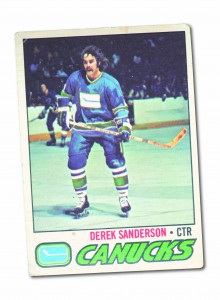Financial power plays: Derek Sanderson
“I learned tough lessons from wasting millions on booze and drugs"
Advertisement
“I learned tough lessons from wasting millions on booze and drugs"

Share this article Share on Facebook Share on Twitter Share on Linkedin Share on Reddit Share on Email